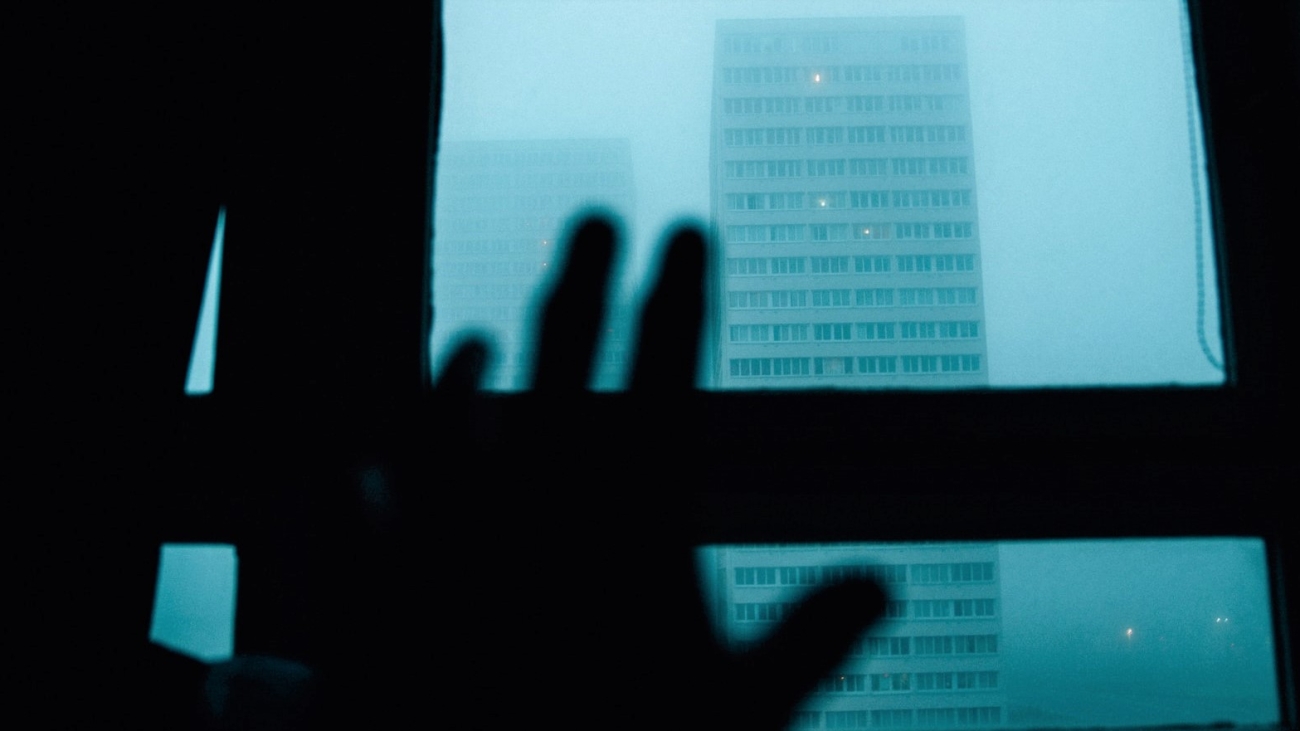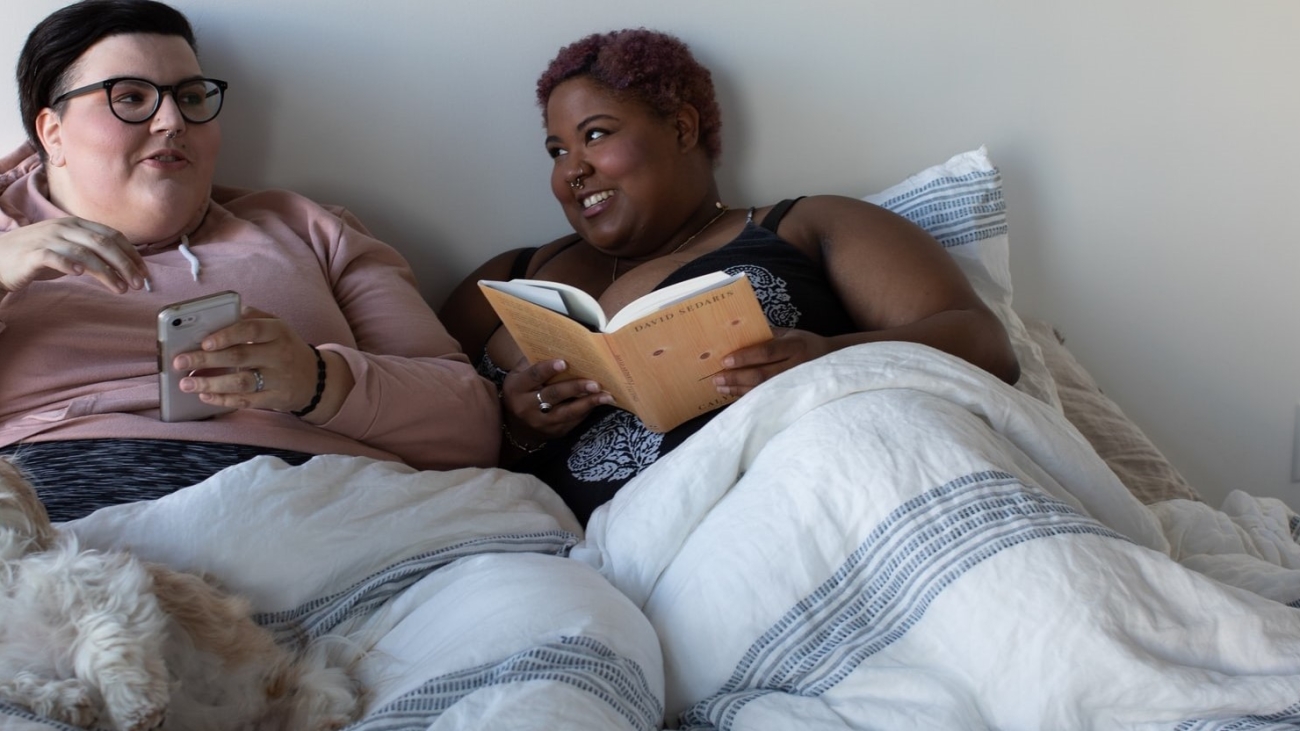I have been meaning to write about procrastination for some time now, but haven’t got around to it. So, here it is. An introduction and guide.
Mindfulness: Benefits and Techniques
Mindfulness comes from Buddhist teachings and has four elements. These are Mindfulness of body sensations, feelings, state of mind and contents of our minds.
Blue Monday: But Don’t Be Sad
The third Monday of January has been designated the saddest day of the year. Known as Blue Monday, in the northern hemisphere at least.
Obesity Awareness Week: Dieting & You
The excesses of Christmas are rapidly disappearing in the rear view mirror. Obesity Awareness Week is a good time to think about dropping a little weight.
Festival of Sleep: Sleep’s Important
Have you had a restful festive period? Many of us will not have done so despite it being a holiday period. But fear not, 3 January is the Festival of Sleep Day.






